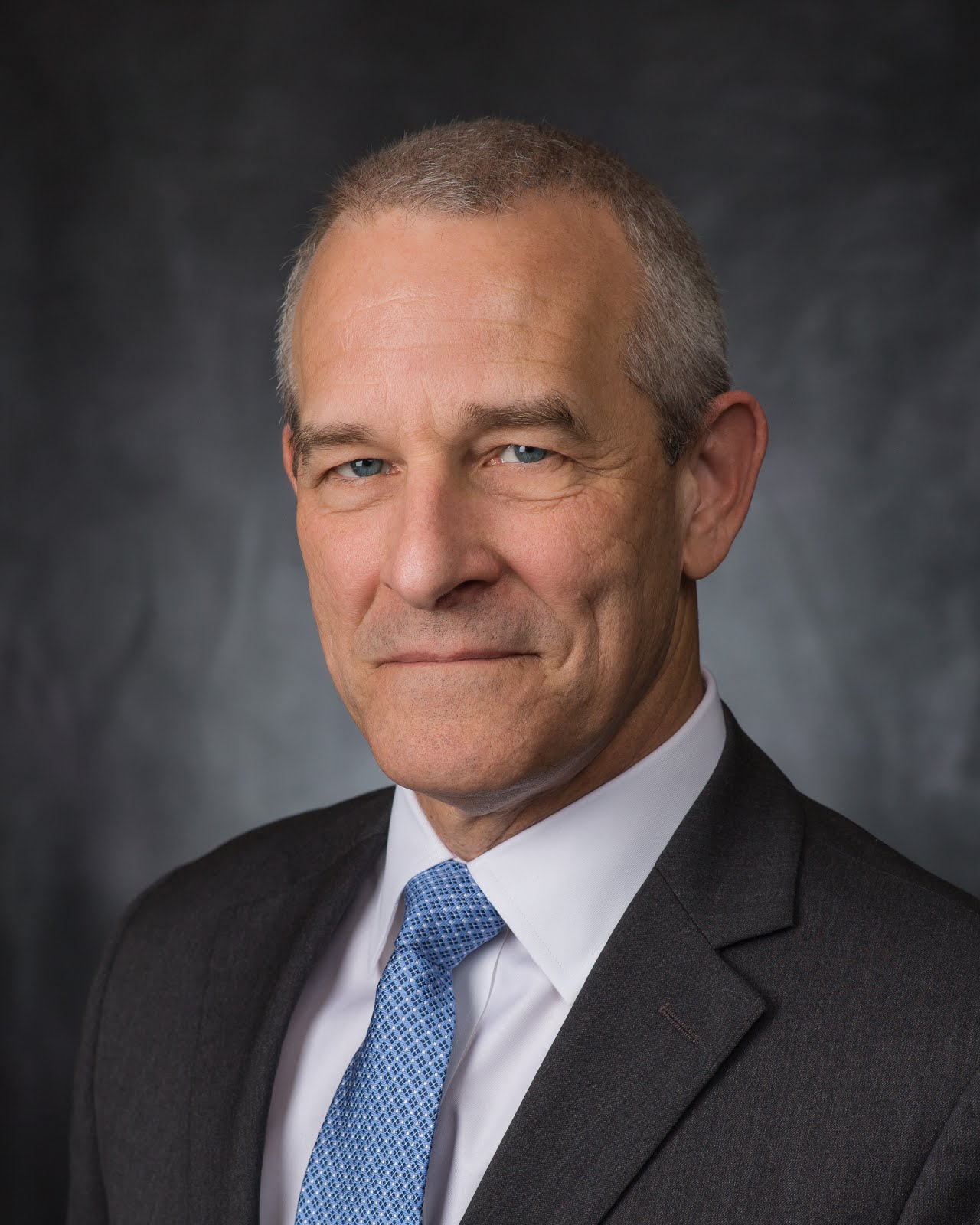Wednesday, May 20, 2009
An Ethical "Thumbs Up"
While visiting with one of my vendor partners, I had the opportunity to learn how a business acts in an ethical form. This particular vendor acts as a broker for over 30 telecom providers. When asked how he is compensated by these providers, he was quick to mention that his company has a uniform fee policy. That is, his company gets the same percentage fee from each telecom provider. When asked why, he stated that that policy ensures that they always recommend the "correct" solution for their client. They do not want to have the conflict of interest that would naturally result from getting higher fees from some (but not all) of the providers they represent. Give a big ethical "thumbs up" to Kyle Coody and Simplify for implementing ethical business practices.
The Law of Influence
Leadership is often misunderstood. When people hear that someone has an impressive title or an assigned leadership position, they assume that individual to be a leader. Sometimes that's true. But titles don't have much value when it comes to leading. True leadership cannot be awarded, appointed, or assigned. It comes only from influence, and that cannot be mandated. It must be earned. The only thing a title can buy is a little time -- either to increase your level of influence with others or to undermine it.
The true measure of leadership is influence -- nothing more, nothing less. Margaret Thatcher, the former British prime minister, observed: "Being in power is like being a lady. If you have to tell people you are, you aren't." That being the case, why do some people emerge as leaders while others can't influence people no matter how hard they try? Several factors come into play:
I love the leadership proverb that says: "He who thinks he leads, but has no followers, is only taking a walk." If you can't influence people, then they will not follow you. And if people won't follow, you are not a leader. That's the "law of influence." No matter what anybody else may tell you, remember that leadership is influence -- nothing more, nothing less.
Adapted from John C. Maxwell, The 21 Irrefutable Laws of Leadership; Thomas Nelson: Nashville, TN, 2007.
The true measure of leadership is influence -- nothing more, nothing less. Margaret Thatcher, the former British prime minister, observed: "Being in power is like being a lady. If you have to tell people you are, you aren't." That being the case, why do some people emerge as leaders while others can't influence people no matter how hard they try? Several factors come into play:
- Character -- Who They Are
- Relationships -- Who They Know
- Knowledge -- What They Know
- Intuition -- What They Feel
- Experience -- Where They've Been
- Past Success -- What They've Done
- Ability -- What They Can Do
I love the leadership proverb that says: "He who thinks he leads, but has no followers, is only taking a walk." If you can't influence people, then they will not follow you. And if people won't follow, you are not a leader. That's the "law of influence." No matter what anybody else may tell you, remember that leadership is influence -- nothing more, nothing less.
Adapted from John C. Maxwell, The 21 Irrefutable Laws of Leadership; Thomas Nelson: Nashville, TN, 2007.
CIO's Counsel Kundra: Advice for Obama's Federal CIO
The following article was published by CIO Magazine Online. It provided advice for Obama's new federal CIO.
Mark A. Stone has more than 28 years of experience in the field of information technology, incuding 15 years at Zale Corporation, where he served as Senior Vice President/CIO. Prior to Zale, Mark served as the Director of Financial Operations for the Resolution Trust Corporation. In this capacity, he was responsible for all activities associated with financial operations -- loan servicing, asset processing, asset operations, financial reporting, and asset systems -- for 203 institutions and $14.4 billion in assets. Mark is a Certified Public Accountant and holds a BBA in Accounting from Baylor University and a Masters in Divinity from Westminster Theological Seminary.
http://www.cio.com/article/484210/CIOs_Counsel_Kundra_Advice_for_Obama_s_Federal_CIO_Part_Four
Mark A. Stone has more than 28 years of experience in the field of information technology, incuding 15 years at Zale Corporation, where he served as Senior Vice President/CIO. Prior to Zale, Mark served as the Director of Financial Operations for the Resolution Trust Corporation. In this capacity, he was responsible for all activities associated with financial operations -- loan servicing, asset processing, asset operations, financial reporting, and asset systems -- for 203 institutions and $14.4 billion in assets. Mark is a Certified Public Accountant and holds a BBA in Accounting from Baylor University and a Masters in Divinity from Westminster Theological Seminary.
http://www.cio.com/article/484210/CIOs_Counsel_Kundra_Advice_for_Obama_s_Federal_CIO_Part_Four
2008 Dallas CIO Executive Summit
In November, 2008, I was interviewed by Thornton May (an IT Futurist).I thought you might enjoy viewing this interview. Here is a link to it:
Subscribe to:
Posts (Atom)
